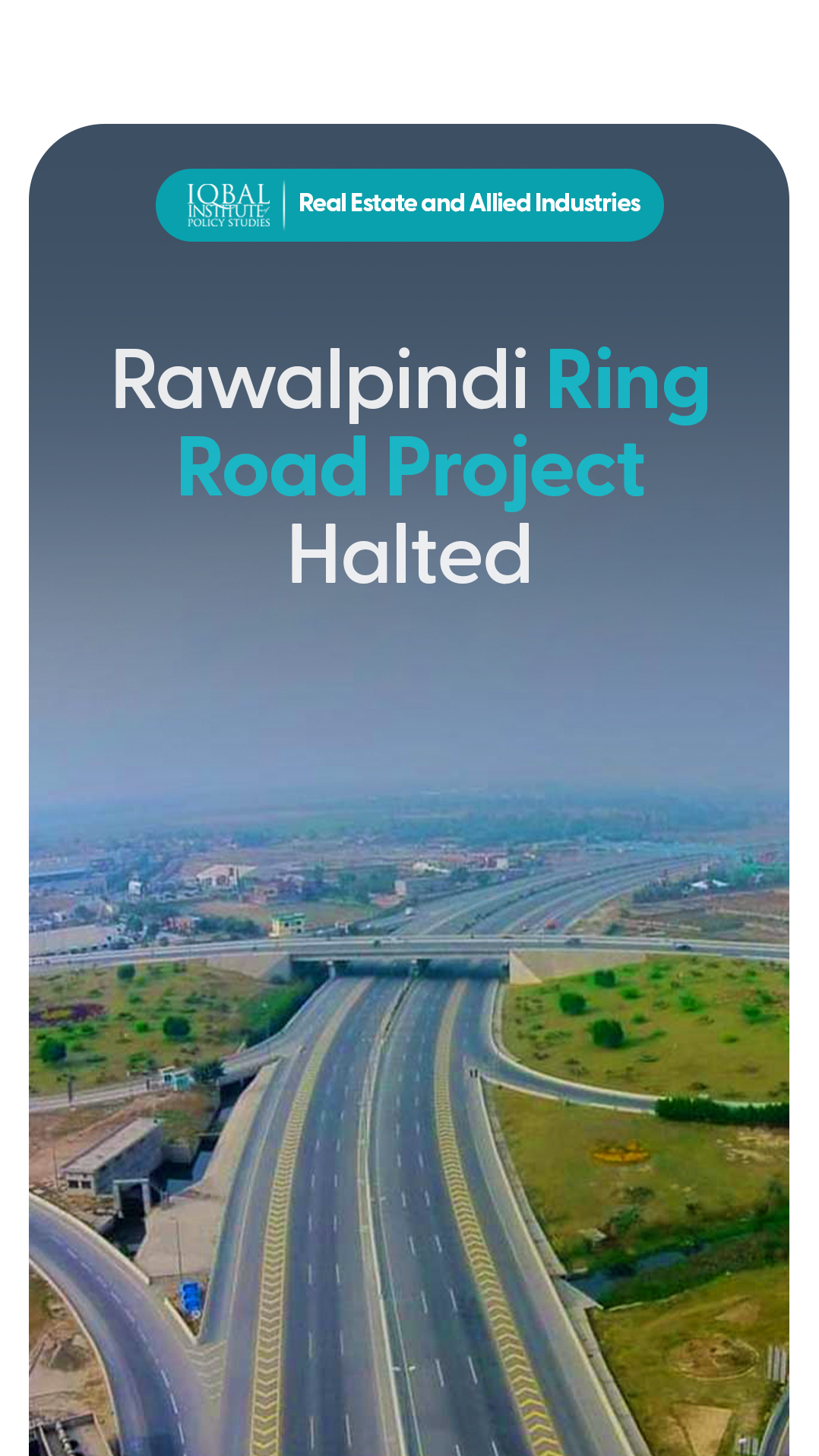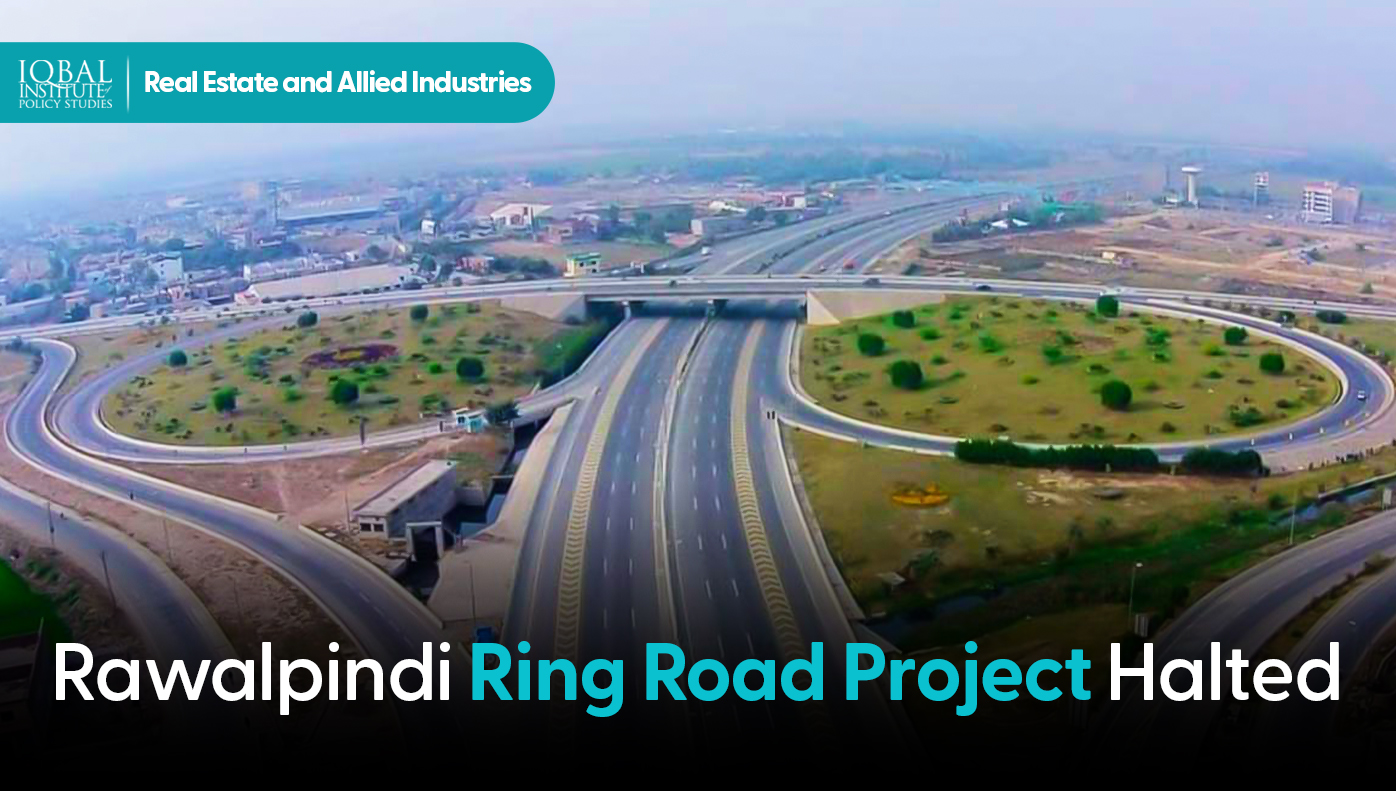The Rawalpindi Ring Road (R3) Project is a forthcoming highway project for the citizens of Rawalpindi and Islamabad. The idea of this project was floated in 1997, which was materialised by the former Prime Minister Imran Khan when he laid its foundation stone at Thalian. The road originates from the National Highway (N-5) at Baanth, crossing through various roads such as Chakbeli, Adiala, and Chakri Road, and finally terminating with the motorway (M-2) at Thalian Interchange.
The total length of the R3 project is 65 km, comprising six lanes and eight interchanges. It will provide an alternative route by connecting N-5 with M-2. The civil work of the project includes fencing, grade-separated interchanges, bridges, underpasses, and toll plazas. Its total estimated cost is about Rs33.7 billion, including Rs28 billion in construction costs and Rs6.7 billion in land acquisition costs.
The main benefit of the R3 project is providing connectivity to the main points of the city. It will provide a fast and efficient route for trade traffic and convenience to major cities. It will also provide an alternative route to reduce traffic congestion by connecting N-5 with M-2. The road will expedite the urbanisation of Rawalpindi’s southwest and southern regions and join the rural and suburban areas with the twin cities. The project will elevate the economy by generating various socio-economic opportunities, providing alternate travel routes, greater connectivity, and combating traffic congestion. The project will promote the real estate sector, particularly the housing societies and residential projects.
Recently, after the announcement of the new alignment to the road, the government stopped the construction work on the Rawalpindi Ring Road project. The new government has shown some reservations about the new alignment and decided to hold an inquiry. Experts estimated that the addition of the new road will only benefit some housing societies and increase the project cost by Rs25 Billion.
It is the main project of the garrison city as there was also a plan to establish economic zones along the main road. If the matter is not solved immediately, it will give rise to many other issues. Like with the rising inflation, its construction cost will be increased, and the development projects that were being built along the road will be delayed, affecting many job opportunities. Basically, halting the R3 project for a longer time will negatively affect the socio-economic development of the country.



Leave a Reply